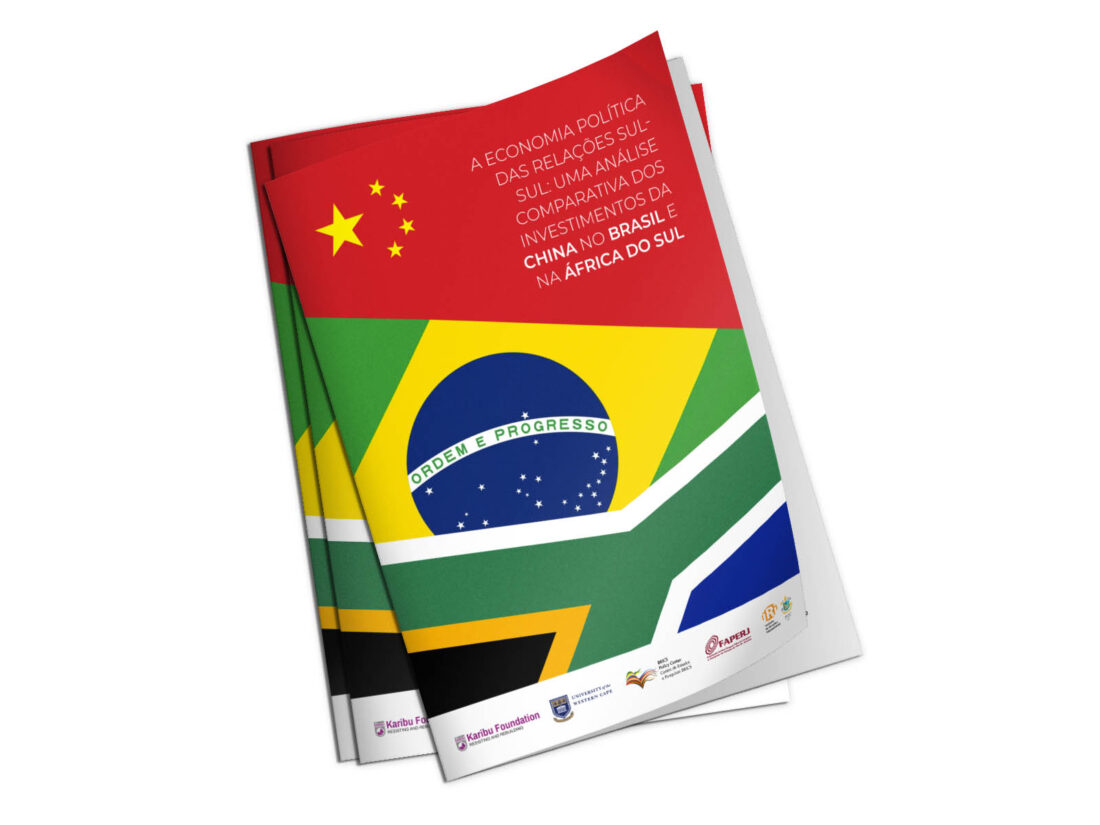
The Political Economy of South-South Relations: A Comparative Analysis of China’s Investments in Brazil and South Africa
The BRICS – Brazil, Russia, India, China and South Africa – began to emerge as a political and economic platform in the late 2000s. The rise of the BRICS reinforced an imaginary of “modernization” and “development” in the Global South, opening the way for a certain optimism about the ability of these countries to become an alternative to Western hegemony. From a historical perspective, Latin America and Africa need to diversify their economic partners to counterbalance the omnipresence of the United States and Europe in both regions. However, to what extent can South-South investments generate new paths for regional and national development based on fairer and more socio-environmentally sustainable pillars? Or, on the contrary, to what extent do South-South investments reproduce the traditional international division of labor and practices of exploitation of natural resources and labor, while generating new asymmetries?


